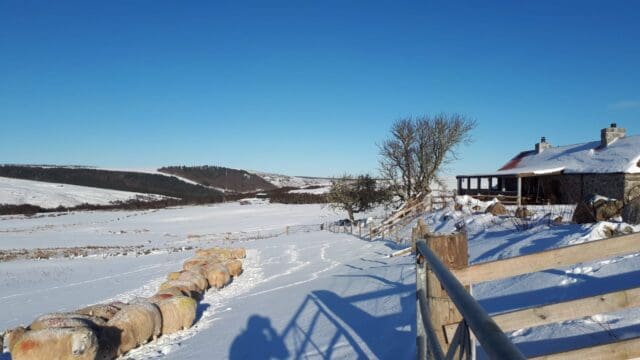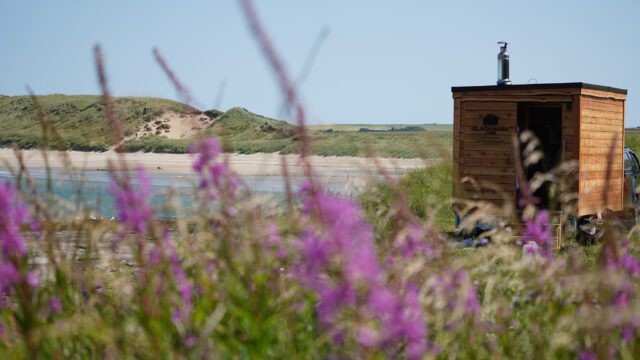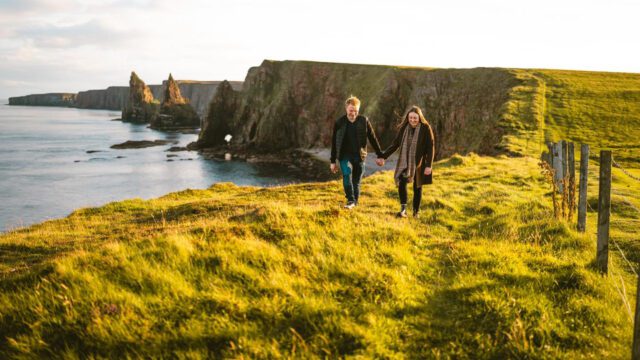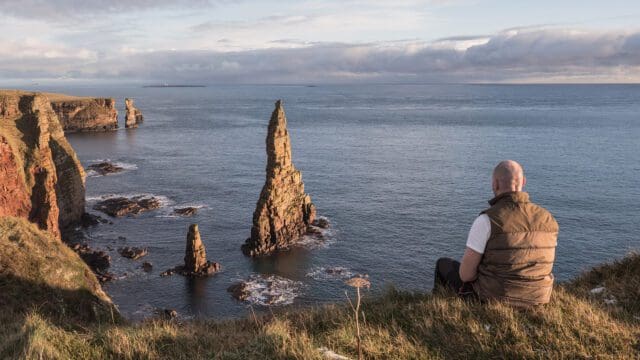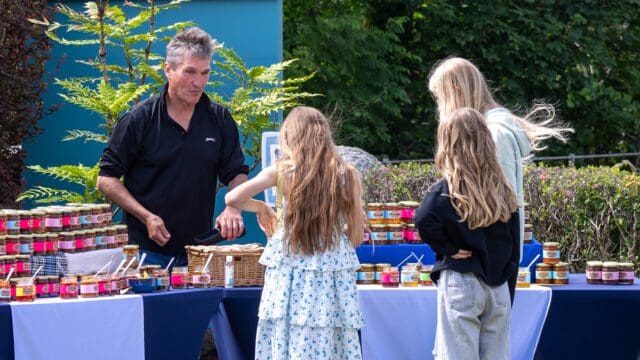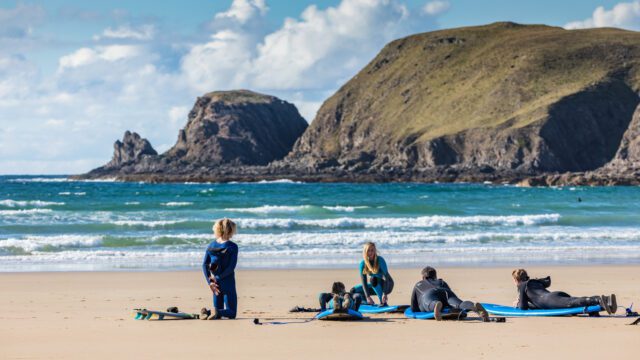
Image by 42 Cycling
Blog stories
Discover the Magic of Scotland’s North Highlands
Planning your next adventure to the far north of Scotland? Whether you’re ready to book or simply dreaming of an unforgettable escape, we’ve got everything you need to inspire your journey.
Grab a cuppa and dive into our travel blogs packed with hidden gems, local insights, and expert tips to make your holiday in Caithness and Sutherland truly magical. From breathtaking landscapes to authentic experiences along the iconic North Coast 500 route, your North Highlands adventure starts here.


